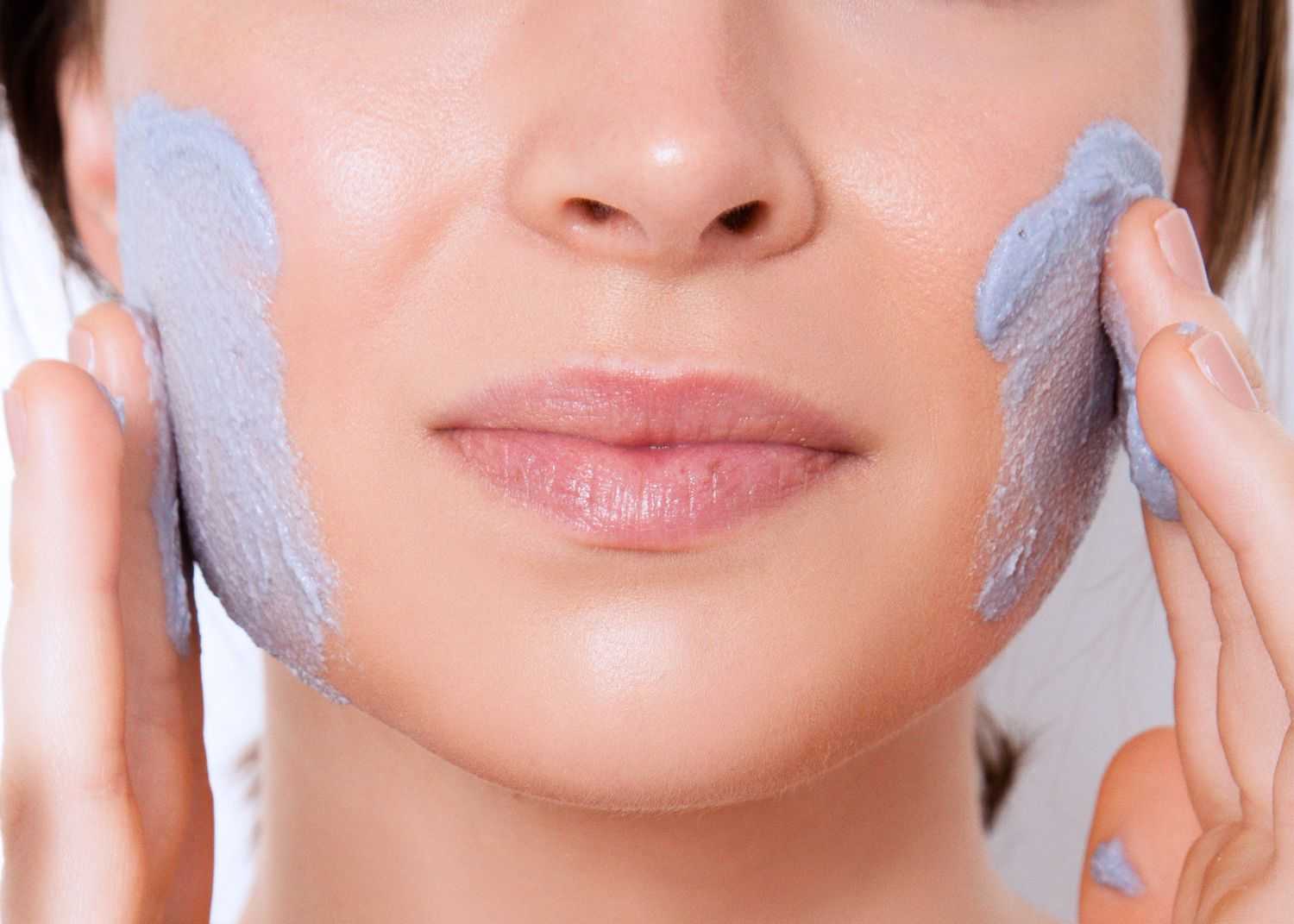The Benefits of Exfoliating: Achieve Radiant Skin
Welcome to our comprehensive guide on the benefits of exfoliating. In this article, we will explore the numerous advantages of incorporating exfoliation into your skincare routine. By understanding the importance of exfoliating and its positive impact on your skin, you can achieve a radiant and healthy complexion. Let’s dive in!
Why Exfoliate?
Exfoliating is a crucial step in any skincare regimen. It involves removing dead skin cells from the surface of your skin, revealing a fresh and rejuvenated complexion. By incorporating exfoliation into your routine, you can enjoy a multitude of benefits:
Enhanced Skin Texture
Regular exfoliation helps to smoothen and refine the texture of your skin. It eliminates rough patches and promotes a more even skin tone, allowing for better absorption of skincare products.
Improved Skin Clarity
Exfoliating helps to unclog pores and remove impurities, such as dirt, excess oil, and dead skin cells. This deep cleansing action promotes clearer skin, reduces the appearance of blemishes, and prevents breakouts.
Increased Cell Turnover
Exfoliation stimulates cell turnover, which is the process of shedding old skin cells and generating new ones. This natural renewal process helps to reveal fresher and younger-looking skin, reducing the appearance of fine lines, wrinkles, and hyperpigmentation.
Enhanced Product Absorption
By removing the barrier of dead skin cells, exfoliating allows your skincare products to penetrate deeper into the skin. This maximizes their effectiveness, ensuring that you get the most out of your moisturizers, serums, and treatments.
Brightened Complexion
Exfoliation promotes a brighter and more radiant complexion. By eliminating dull and lifeless skin cells, it reveals the underlying healthy skin, giving you a youthful glow.
Types of Exfoliation
There are two main types of exfoliation: physical exfoliation and chemical exfoliation. Let’s explore each of them in detail:
Physical Exfoliation
Physical exfoliation involves the use of granular substances or tools to physically remove dead skin cells. This can be achieved through gentle scrubs, brushes, or exfoliating gloves. It is important to choose a physical exfoliator that suits your skin type and avoid harsh or abrasive products to prevent irritation.
Chemical Exfoliation
Chemical exfoliation involves the use of acids or enzymes to dissolve dead skin cells. Common chemical exfoliants include alpha-hydroxy acids (AHAs) like glycolic acid and lactic acid, as well as beta-hydroxy acids (BHAs) like salicylic acid. Chemical exfoliation is often preferred for sensitive or acne-prone skin as it provides a more controlled and gentle exfoliation.
How to Incorporate Exfoliation into Your Skincare Routine
Now that you understand the benefits of exfoliating, let’s discuss how to incorporate it into your skincare routine:
Determine Your Skin Type
Before selecting an exfoliator, it is important to determine your skin type. This will help you choose the most suitable exfoliation method and products. If you have sensitive skin, opt for gentle exfoliators, while oily or acne-prone skin may benefit from chemical exfoliants.
Choose the Right Exfoliator
Based on your skin type, select an exfoliator that suits your needs. Look for products with natural ingredients and avoid those with harsh chemicals or microbeads that can harm the environment.
Frequency of Exfoliation
The frequency of exfoliation depends on your skin type and the product you are using. Generally, it is recommended to exfoliate 1-3 times a week. However, if you have sensitive skin, start with once a week and gradually increase the frequency if your skin tolerates it well.
Exfoliation Technique
When exfoliating, gently massage the exfoliator onto damp skin using circular motions. Avoid applying excessive pressure, as this can irritate Rinse thoroughly with lukewarm water and follow up with a moisturizer to replenish hydration.

In conclusion, exfoliating is a vital step in achieving radiant and healthy skin. By incorporating regular exfoliation into your skincare routine, you can enjoy enhanced skin texture, improved clarity, increased cell turnover, better product absorption, and a brighter complexion. Remember to choose the right exfoliator for your skin type, follow the recommended frequency, and practice gentle exfoliation techniques. Start reaping the benefits of exfoliating today and unlock the true potential of your skin!
Frequently Asked Questions about the Benefits of Exfoliating
1. Why is exfoliating important for my skin?
Exfoliating helps remove dead skin cells, unclogs pores, and promotes a smoother and brighter complexion.
2. How often should I exfoliate?
The frequency of exfoliation depends on your skin type. Generally, 1-3 times a week is recommended for most skin types, but sensitive skin may require less frequent exfoliation.
3. Can exfoliating help with acne?
Yes, exfoliating can help prevent and reduce acne by removing excess oil, dirt, and dead skin cells that can clog pores and lead to breakouts.
4. Does exfoliating help with anti-aging?
Regular exfoliation can promote cell turnover, stimulate collagen production, and improve the appearance of fine lines and wrinkles, making your skin look more youthful.
5. Can exfoliating help with uneven skin tone?
Exfoliating can help even out skin tone by removing the outer layer of dead skin cells that may be dull or discolored, revealing fresh, vibrant skin underneath.
6. Is exfoliating suitable for sensitive skin?
Yes, but it’s important to choose gentle exfoliants specifically formulated for sensitive skin to avoid irritation. Patch testing is recommended before applying to the entire face.
7. Should I exfoliate before or after cleansing?
It is generally recommended to exfoliate after cleansing your skin. Cleansing removes surface impurities, allowing the exfoliant to work more effectively.
8. Can exfoliating help with ingrown hairs?
Exfoliating can help prevent and treat ingrown hairs by removing dead skin cells that may block hair follicles and cause hairs to grow back into the skin.
9. Can exfoliating be done on the body?
Absolutely! Exfoliating is beneficial for the body as well. It can help remove dry, rough skin, improve circulation, and make body lotions and moisturizers more effective.
10. Are there any risks associated with exfoliating?
Over-exfoliating or using harsh exfoliants can irritate the skin, and cause redness, dryness, or even micro-tears. It’s important to choose gentle products and not to exfoliate excessively.




